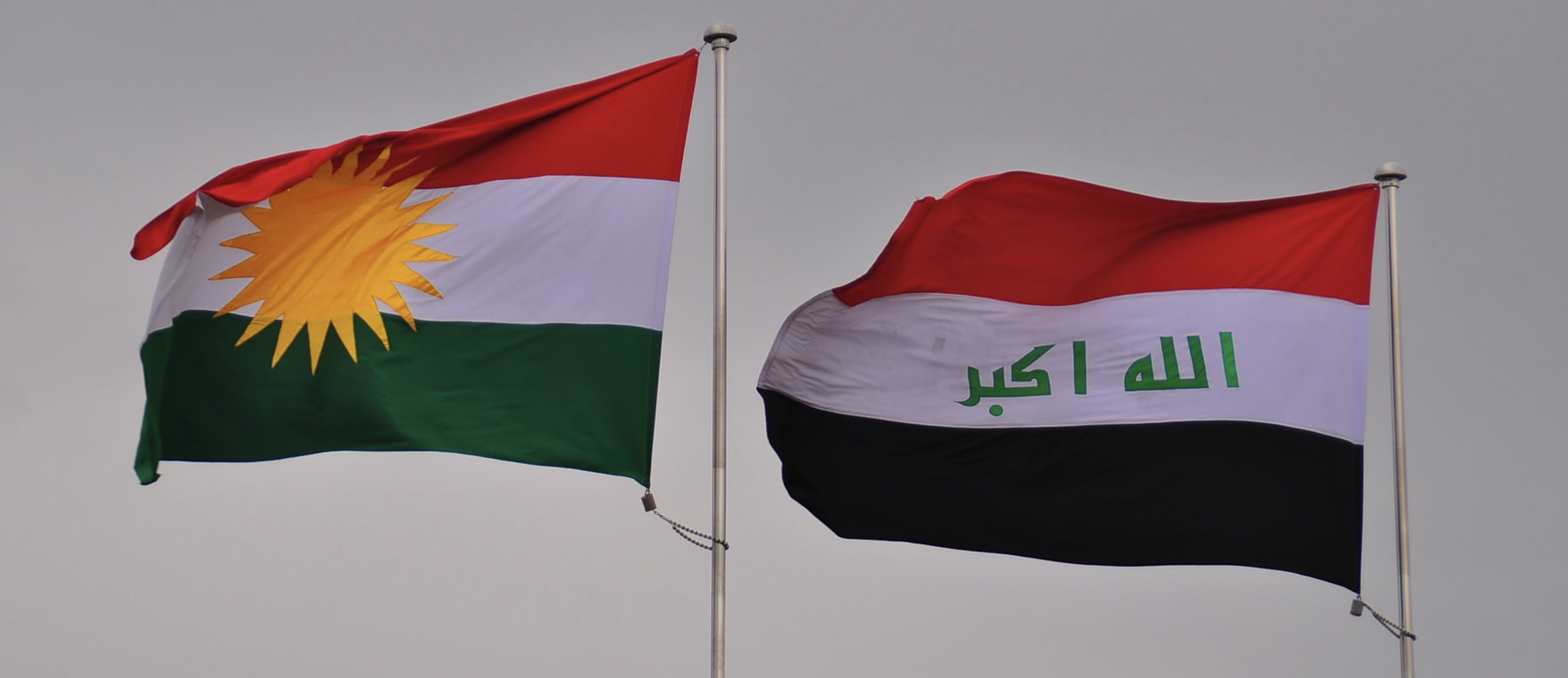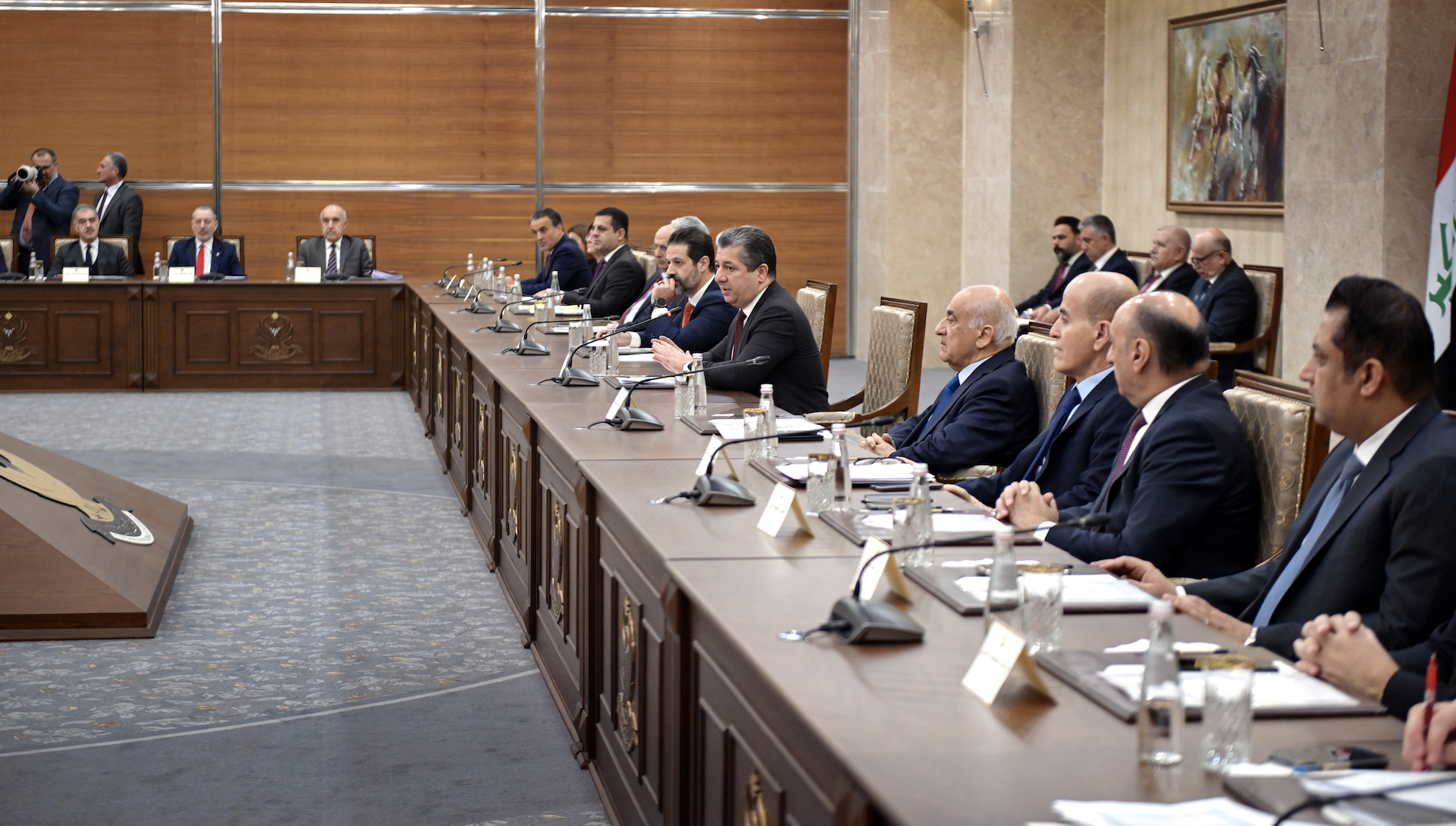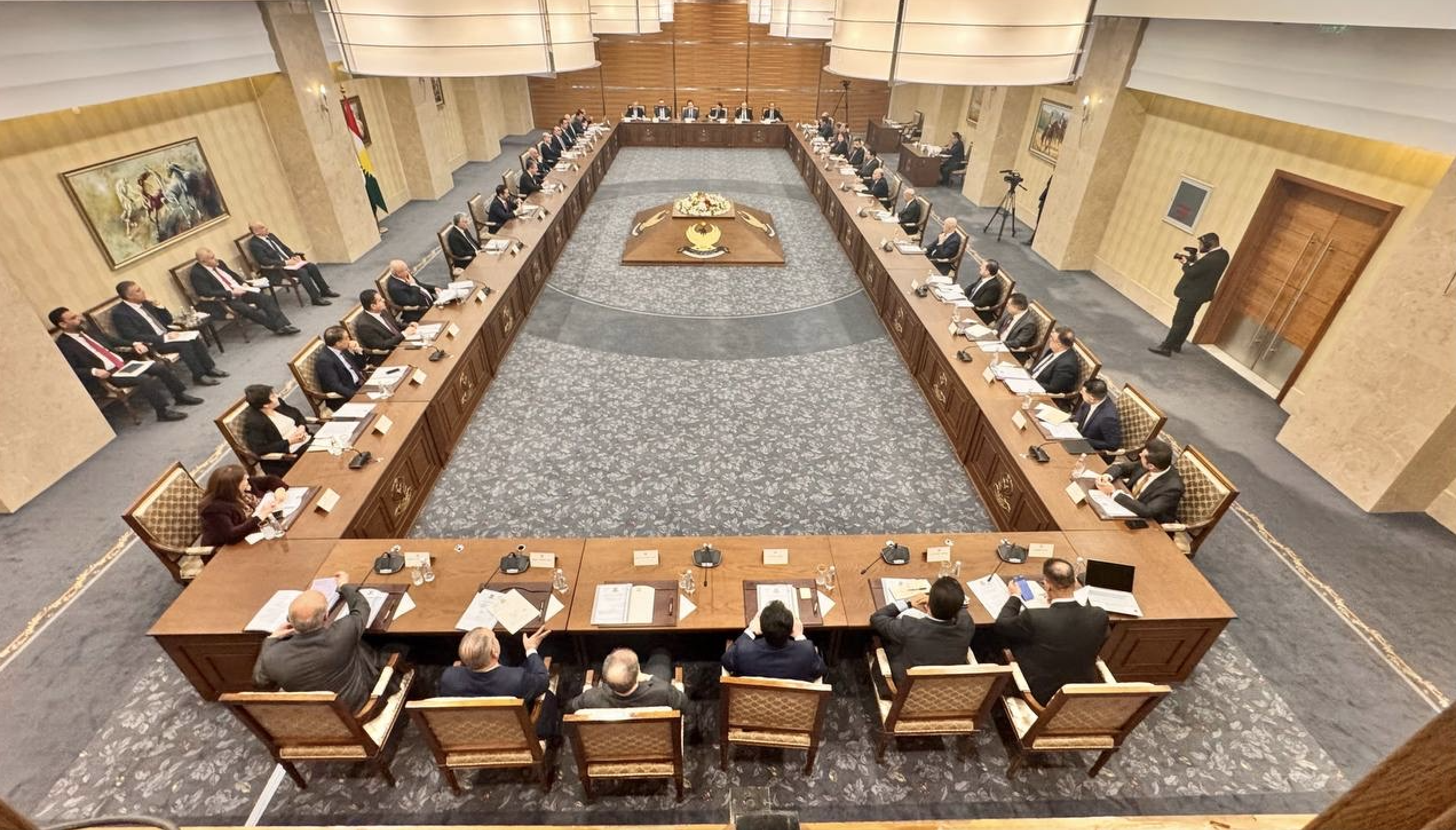Almost two weeks into 2025, lawmakers and ministers across various political parties representing the Kurdistan Region in Baghdad were called to an extraordinary meeting hosted by the Kurdistan Regional Government (KRG) in Erbil. The discussions focused on the prolonged disputes between the regional and federal governments, insisting that disagreements between Erbil and Baghdad extend beyond budget share and the distribution of monthly salaries of public servants in the Kurdistan Region.
The two sides seem to have been locked in an intractable row since January 2014, when the Iraqi federal government cut the KRG’s share from the national budget. The financial situation of the people in the Kurdistan Region, however, worsened when KRG oil exports through the Iraq-Turkiye Pipeline were suspended in March 2023 after a Paris-based arbitration court ruled in favor of Baghdad against Ankara, saying that the latter had breached a 1973 pipeline agreement by allowing Erbil to begin independent oil exports in 2014.

What about federalism?
The unrelenting financial pressure experienced by the people and regional government of Kurdistan has, on various occasions, overshadowed the relations between Erbil and Baghdad. However, the Kurdistan Region has repeatedly insisted on avoiding unnecessary tensions while making it clear that it will not compromise on the constitutional rights of its people. That message, in a slightly more serious tone, was clearly expressed at the recent Erbil meeting.
At the meeting, KRG Prime Minister Masrour Barzani, emphasized that the financial entitlements of the people of Kurdistan must be delivered by the Iraqi federal government. However, he noted that, beyond financial matters, there are many other national issues that require collective efforts from the Kurdistan Region and its representatives to ensure that they are addressed effectively.
“These include the implementation of Article 140 of the Iraqi Constitution, which addresses the fate of the Kurdistani areas outside the Region; allocation of the peshmerga budget as an integral element of the Iraqi security apparatus; and reparations for the families of the victims of the Anfal Campaign, Halabja, and other genocidal crimes committed by the former regime, including the destruction of 4,500 Kurdistani villages,” the readout of the meeting stressed.
According to Prime Minister Barzani, Baghdad’s current treatment of the Kurdistan Region does not reflect the principles of federalism, as not even governorates of Iraq are treated in the same manner.

“The federal government’s approach is unjust, violates the Iraqi Constitution, is incompatible with the federal system, and is entirely unacceptable,” he argued. “We have a constitution, and we must abide by it. The federal status of the Kurdistan Region must be respected.”
Before concluding the meeting, the KRG Council of Ministers and Kurdish representatives agreed to take a collective stance and find a viable solution, for which they issued the following decisions:
1. The KRG and the Kurdistan Region’s representatives in Baghdad must collaborate to ensure the full payment of salaries to public sector employees in the Kurdistan Region for all 12 months of 2025. To achieve this, the council resolved to form a delegation of the Kurdistan Region’s representatives to meet with the Prime Minister of Iraq and deliver the KRG’s message. This message emphasizes that the Kurdistan Region must be treated as a federal and constitutional entity within Iraq and that the issue of salaries for 2025 must be resolved.
2. The KRG Ministry of Finance and Economy must actively participate in the review process of the Kurdistan Region’s share in the proposed tables for salaries, operating expenditures, investment budget projects, and the regional and provincial development budget. Furthermore, all entitlement tables for 2025 must be prepared jointly by the KRG Ministry of Finance and Economy and the Federal Ministry of Finance. This includes financial entitlements, job grades, and staffing tables, which must be aligned with the Iraqi Constitution and the recent rulings of the Federal Supreme Court of Iraq.
3. Preparations for the Federal Budget Law must begin immediately, ensuring that the Kurdistan Region’s share of the budget is allocated based on the 2024 census and fair constitutional standards for determining the region’s entitlement as a federal entity. Respecting the unique status of the Kurdistan Region, the allocated budget must be disbursed directly to the region and redistributed according to its own budgetary framework.

Briefing foreign diplomats
Following the meeting, the KRG’s delegation for negotiations with Baghdad convened foreign diplomatic envoys based in the Kurdistan Region to brief them about the outstanding disputes with Baghdad, mainly those related to the budget and oil exports.
Safeen Dizayee, Head of the KRG’s Department of Foreign Relations, pointed out during the meeting that the passing of the three-year Public Budget Act in 2023-2024 was intended to resolve the financial entitlements due to the Kurdistan Region, particularly the public sector salaries, as stipulated by law and the agreements between Erbil and Baghdad.
However, he noted that the financial allocation provided to the region thus far has been insufficient to even cover salaries.
Dizayee explained that the suspension of oil exports from the Kurdistan Region has resulted in losses exceeding $22 billion to both the Iraqi and Kurdistan Region budgets. He also highlighted that, while numerous meetings and negotiations have taken place between Erbil and Baghdad, the federal government has failed to properly implement the agreements.
Furthermore, he criticized the federal government for presenting a distorted narrative to the public in both Iraq and the Kurdistan Region.
The KRG negotiating delegation, including the KRG Minister of Finance and Economy and several other top government officials, has visited Baghdad several times over the past two years, aiming to respond to Baghdad’s demands and provide a clear picture of the ongoing situation between the regional and federal governments.
However, as claimed by the KRG on multiple occasions, Baghdad’s position on the disputes with the KRG is said to be influenced by politics, rather than financial considerations. Baghdad has drained one of the main revenue sources of the Kurdistan Region – its oil exports – and is now asking the KRG to hand over its internal revenues as well without providing the region its full share from the budget.
Since the sum that the Iraqi government has shared with the KRG is not even sufficient to cover the salaries of public servants in the Kurdistan Region, the KRG fills the deficit with what it collects from internal revenues. Erbil insists that if Baghdad asks for every penny to be sent back to the federal government, then it must not only pay salaries, but also cover development projects, operational costs, and other government expenditures.
Sardar Sattar is a translator and journalist based in the Kurdistan Region. He has translated several books and political literature into Kurdish and English. He writes regularly for local and international newspapers and journals.

